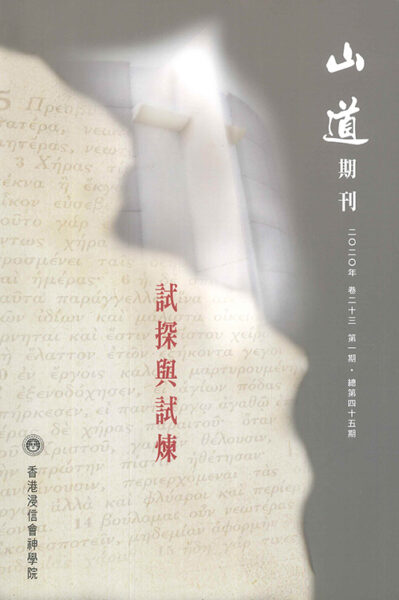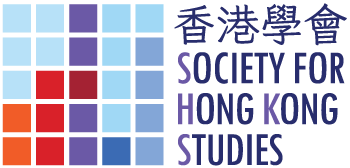- Featured Publications
Faith and Status Quo: What Can Post-Handover Hong Kong Churches Learn from Liberation Theology?

In a city that is focused on its financial progress and struggling to grapple with its post-handover political situation, what would help those in the Christian community to reflect on their current theological and spiritual situation? The presupposition of liberation theology—that is, the relationship between faith and politics—is one of many helpful paradigms for post-handover Hong Kong churches, as it balances the churches’ inward-looking narrative by creating greater awareness and interaction with the secular world through the lens of faith. One critique of Hong Kong churches is that they are too inward-looking, and liberation theology may be a way to recalibrate their perspective toward the world. First, this article will analyze and critique the thinking of Gustavo Gutiérrez, one of the first liberation theologians, and second, it will examine whether and how liberation theology can impact the existing social and political structures in Hong Kong. The author points out and responds to the two major arguments of liberation theology in Hong Kong: first, that the city’s historical and cultural context do not allow for revolutionary-style theology, and such theology only ends up in academic discussions; and second, that liberation theology is eisgesis rather than exegesis. The article asks whether liberation theology has a place in post-handover Hong Kong churches. The author reaches the conclusion that Christians are not called to maintain the status quo, but to critically reflect on whether current socio-political structures are in accordance with God’s will.
Link to full article: https://www.hkbts.edu.hk/Common/Reader/News/ShowNews.jsp?Nid=25441&Pid=55&Version=0&Cid=612&Charset=iso-8859-1
